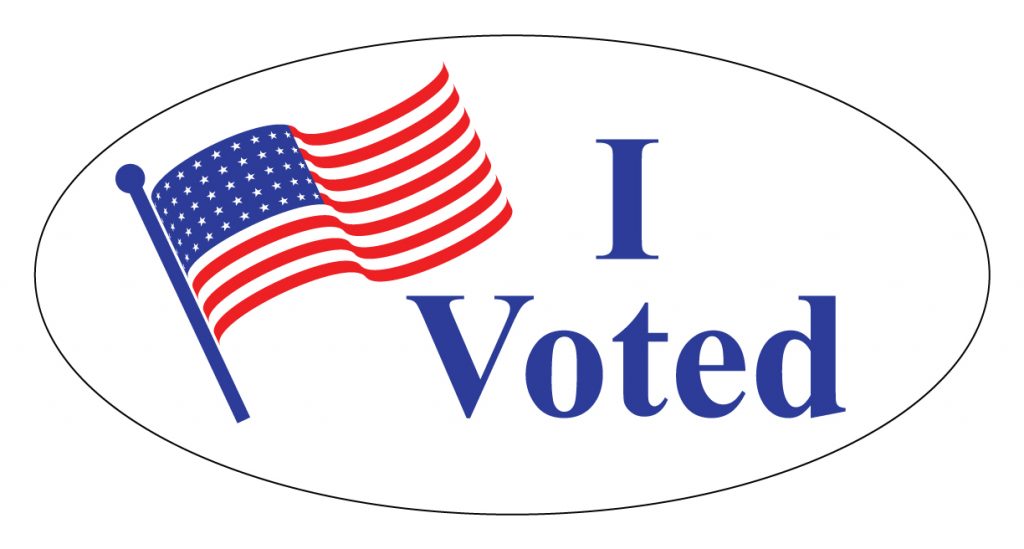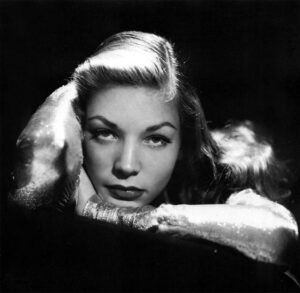“In Rochester, N.Y., women covered the gravestone of Susan B. Anthony with “I voted” stickers. Many wore white in honor of Anthony, who fought for women’s suffrage, an effort that culminated with the ratification of the 19th Amendment to the U.S. Constitution in 1920. Women have been on the national ballot before, but never as the presidential nominee for one of the two major parties.” 1
Susan B. Anthony was born on February 15, 1820 to Daniel and Lucy Read Anthony.2 She was one of seven children. Originally from Adams, Massachusetts, her family moved to Battenville, New York where her parents encouraged all of their children to value self-reliance and principled convictions. She and her family were members of the Quaker religion, which allowed the family to live modestly and practiced non-violence and respect for all people, regardless of race or background.3 Growing up, her sisters and mother would stay at home and do domestic work, while her dad ran a mill. Once her father had enough savings from managing the mill, he sent Susan and one of her sisters to be educated at a boarding school in Pennsylvania, run by the Friends of the Quakers. She graduated at the age of fifteen, and got a job for a modest salary as a teacher. Once she found out that she was making 20% less than men at the school, she went to the school’s administrators and protested that they should be receiving equal pay. Her protests led to her dismissal from the school, and she returned home.4

Susan and her family were both heavily involved in the abolition, temperance, and women’s rights movements. Her parents attended the Women’s Rights Convention at Seneca Falls in 1848 and signed the Declaration of Women’s Rights.5 One significant event that paved the way for her passion for women’s rights occurred in 1852, while she attended a meeting. As she rose to speak on a certain topic, she was ignored by all of the men in the room; angered and insulted she stormed out and soon founded the Women’s State Temperance Society. This was the incident that convinced her to fight for the right for women to vote. She felt as if it was the cornerstone of women’s fight for respect and equality.6 She attended her first Women’s Rights convention in 1852 and from then until the end of the American Civil War, she campaigned from door to door, in legislatures, and in meetings for the abolition of slavery and the promotion of women’s rights. Her persistency and hard work led to married women in New York to own their own property, keep their own wages, and have custody of their children in case of a separation or divorce. She was paving the way for the future as we know it.
In 1889, the National Woman’s Suffrage Association merged with the American Woman Suffrage Association to form the National American Woman Suffrage Association. In 1890, Wyoming became the first state to allow women the right to vote. Susan is the reason today why women can vote and without all of her hard work, women may not have that right. She did not live to see the Nineteenth Amendment but she made a great deal of influence on legislation. Before she died on March 13, 1906, she was able to see all of her hard work in action by four states giving women the right to vote. In her last public speech she gave, she ended with, “Failure is impossible.”7
- Joel Achenbach, “Women cover Susan B. Anthony’s grave with ‘I voted’ stickers as ‘Pantsuit Nation’ goes to the polls,” The Washington Post, November 8, 2016. ↵
- Reconstruction Era Reference Library, 2005, s.v. “Anthony, Susan B.” ↵
- Reconstruction Era Reference Library, 2005, s.v. “Anthony, Susan B.” ↵
- Reconstruction Era Reference Library, 2005, s.v. “Anthony, Susan B.” ↵
- Reconstruction Era Reference Library, 2005, s.v. “Anthony, Susan B.” ↵
- UXL Encyclopedia of U.S. History, 2009, s.v. “Anthony, Susan B.,” by Benson Sonia, et al. ↵
- UXL Encyclopedia of U.S. History, 2009, s.v. “Anthony, Susan B.,” by Benson Sonia, et al. ↵



65 comments
Makenzie Bell
I loved this informative article on such a strong leader in the political world. There was very strong evidence and facts in this article that I was able to learn about. I appreciated how much background there was in this article about susan and her life/family.
Audrey Uribe
The drive and fight for equality will forever live on with the movement she created and the perseverance that inspired the nation to implement equality. I love that the environment that she was raised in became a big part of her stance. I childhood has a lot to do with what kids grow to be and do which only makes her story more powerful. She would not be trapped in society without a fight.
Charli Delmonico
I absolutely loved the content of this article! I did a research project over Susan B. Anthony when I was younger, so this was a nice refresher of information I had forgotten. I’m amazed that she fought for equal pay when she was so young and I love the fact that her parents also supported women’s rights. She lived in what seemed like a very traditional household, but she had modern ideals which is really neat.
Maria Garcia
Susan B. Anthony was raised so well, which contributed to her role as a political leader. Her parents helped pave the way for her to be as inspirational as she is today. She worked so hard to get to where she did, and she is the pure reason that we women have the ability to vote today. Great article!
Michael Hinojosa
I feel that the legendary Susan B. Anthony does not get enough credit for the huge impacts she made on our modern day society by fighting for equality in a time where not many people cared about it. If it wasn’t for her and her iron will and determination I don’t think we would have the society we have today as she wouldn’t be there to help inspire others to back a movement that is more than just important; equality should be for everyone regardless of who they are.
Chelsea Alvarez
Susan B. Anthony was a remarkable woman. Her respect for all and the way she was raised really influenced the woman she became. I could not imagine living in a country where women are not allowed to vote and have their voice be heard. Essentially, Anthony’s resilient personality and educated manner in going about what she was passionate for paved the way for women to not only gain the right to vote but to also be respected in society.
Samantha Ruvalcaba
Powerful ending. My favorite part about this piece is the history of advocacy that ran in her family. It’s rare to hear of a family from that time period that believed in equality for all genders and races. Overall, great job on highlighting both the history and great accomplishments of the iconic Susan B. Anthony. As a woman, I’m thankful for her endless motivation to give us a seat at the table.
Leeza Cordova
I think that Susan B. Anthony does not get enough credit for all that she has done for not only women, but society as a whole. She is someone we should thank, since she stood up for what she believed in and campaigned for it, although it was very hard in that time period. We sometimes take our right to vote for granted, but we should look back as to hard it was for Susan to fight for us and we should use it to the fullest.
Lyzette Flores
We should all thank Susan B. Anthony for fighting and contributing in giving us the right to vote. Voting is very important. It is a way of us expressing our feelings, thoughts and most importantly for our voice to be heard. She was right in getting angry because she was getting paid 20% less than men. It is sad that it is still a problem in today’s world and I hope that one day it gets resolved.
Honoka Sasahara
I felt that it is thanks to people like Susan B. Anthony that I live in the society where women have a variety of rights. I have to acknowledge their a lot of energy and time that they must have spent to achieve the goals. Especially what she did is one of the most important things for women: to get the right to have a chance of changing the society.